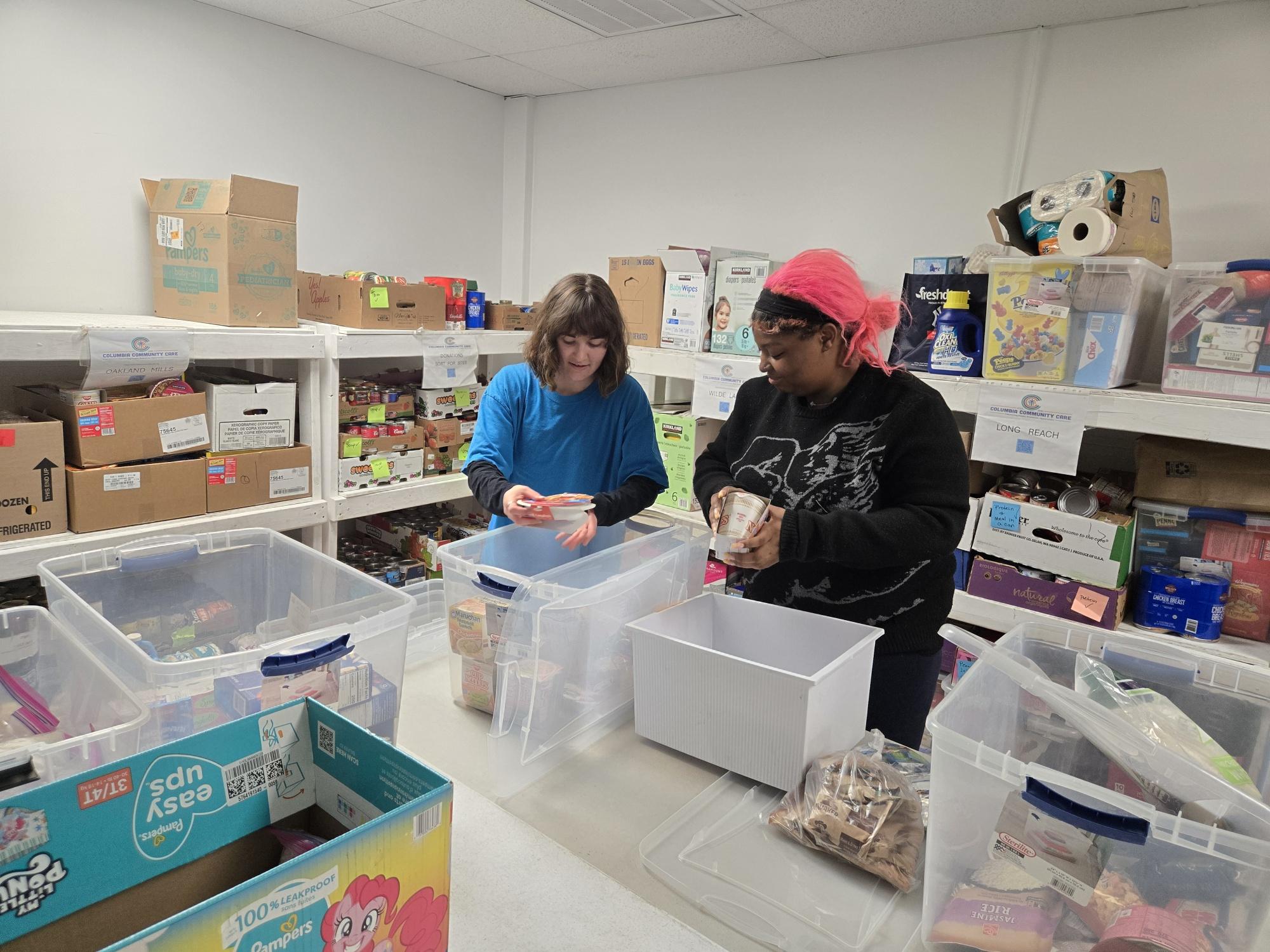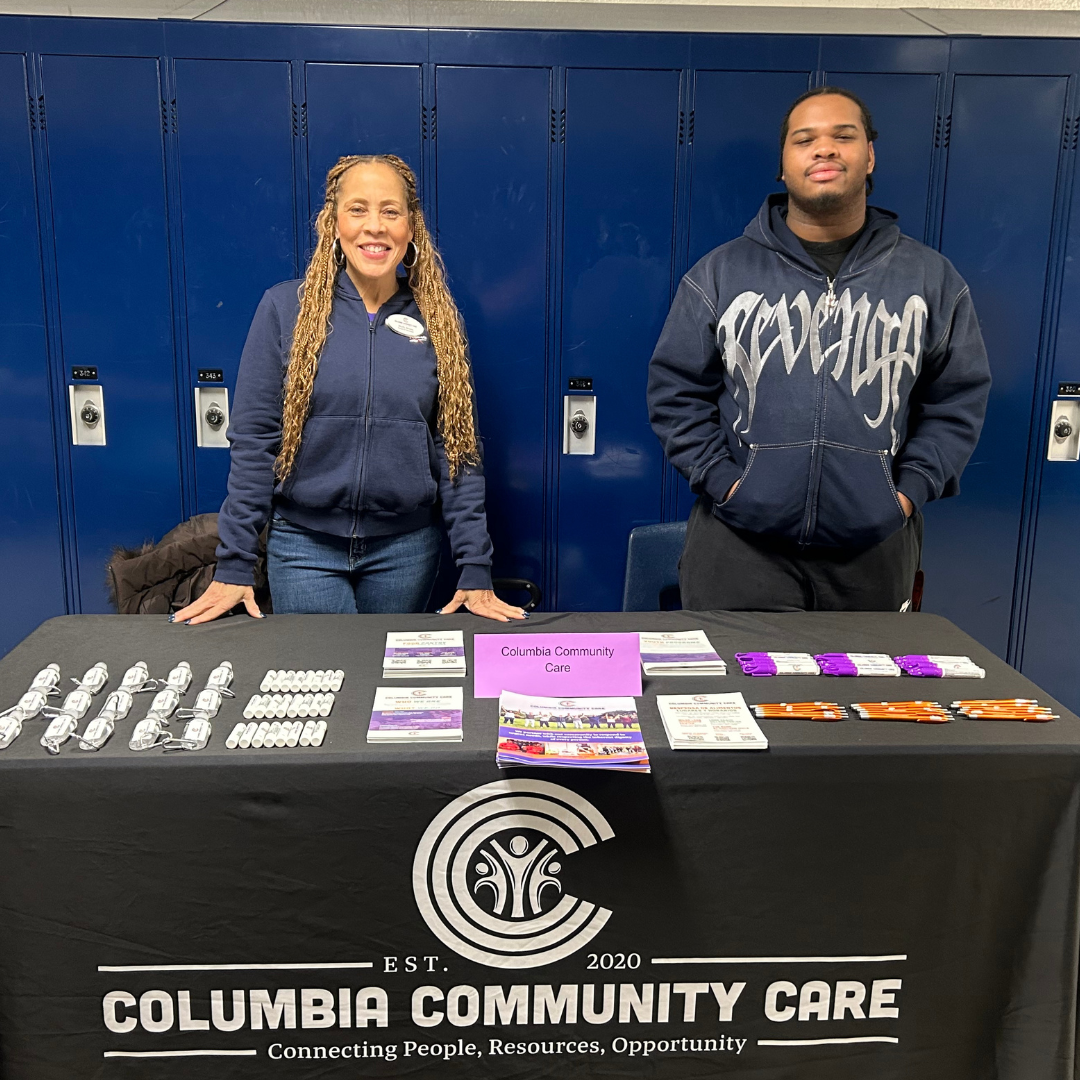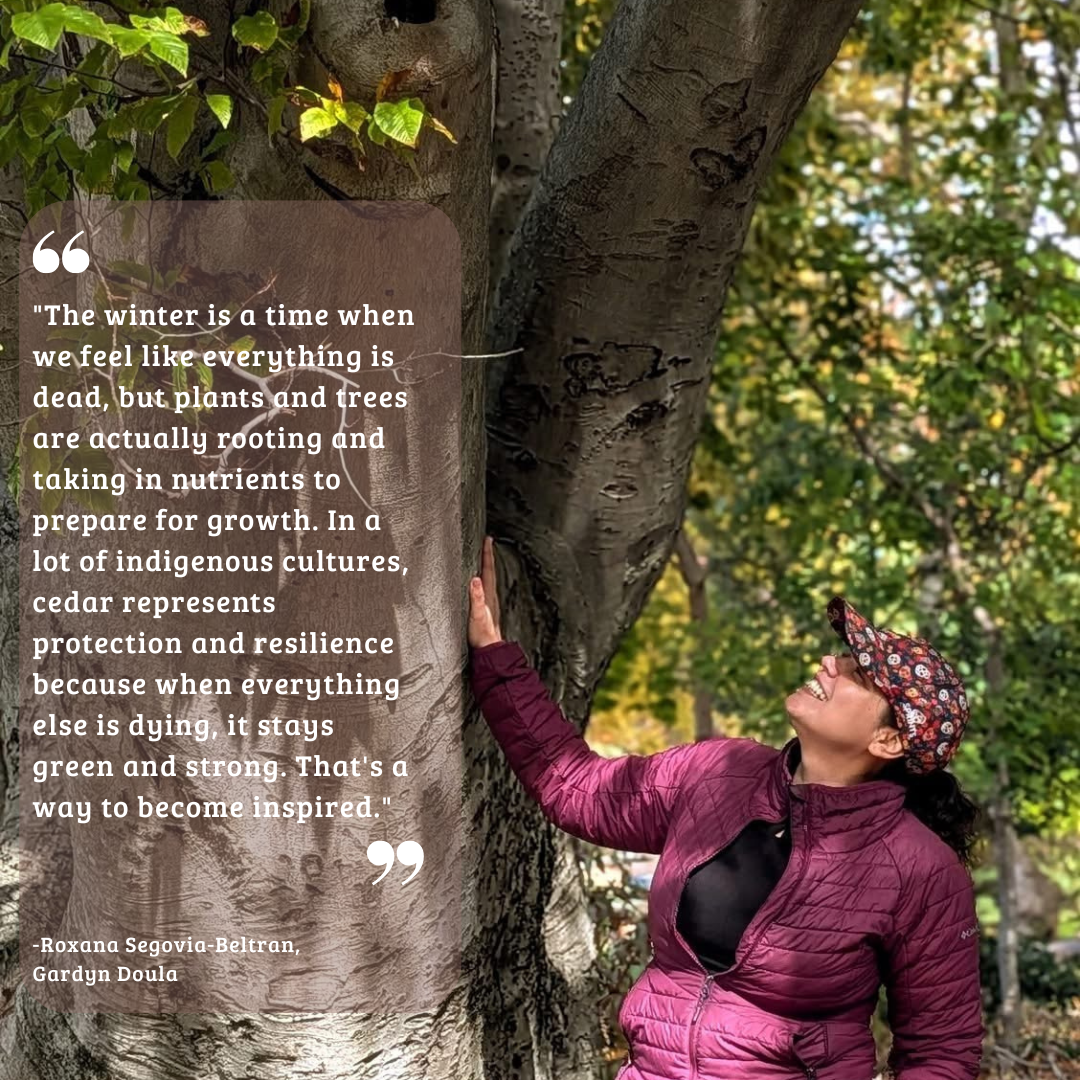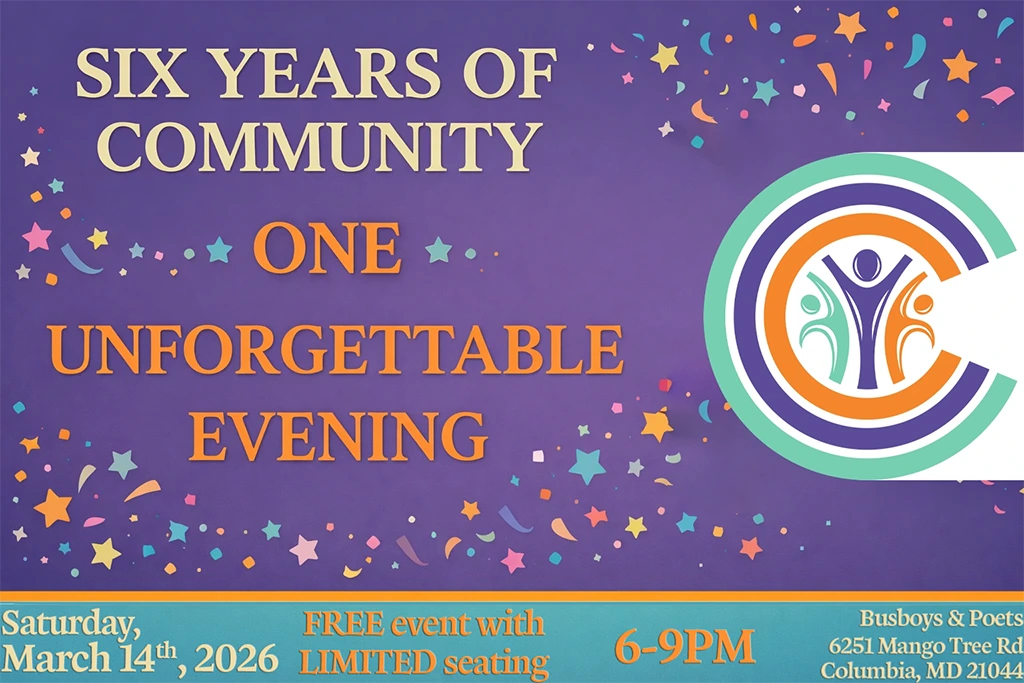In the quiet moments before Columbia Community Care’s food pantry opens each morning, Jocelyn Ball and Sophia Smith are already hard at work. They might be arranging fresh produce deliveries, picking up items from Costco or Trader Joe’s, stocking and sorting items onto the shelves, or assisting volunteers who shop and deliver groceries to local families. Though they graduated high school just last year, these two young women are already making an impact on their community through Maryland’s innovative gap year program.
Finding Their Path
Like many recent high school graduates, Jocelyn and Sophia weren’t ready to dive straight into college.
“Going through school had completely burnt me out,” Jocelyn explains. “I didn’t think I could do another few years of hard schooling right away. I knew I wanted to take a gap year to reset, but I didn’t know what I was going to do until the Maryland Corps Program came along.”
The Maryland Corps program is a service-year initiative that provides young adults in Maryland with full-time paid opportunities to work with nonprofit and community organizations while gaining professional skills, mentorship, and support for their future careers, offering participants $15/hour compensation plus a $6,000 completion award.
Jocelyn learned about the opportunity through her high school counselors at Glenelg High School, who recognized it as an ideal fit for a student seeking meaningful alternatives to immediate college enrollment.
Sophia, a graduate of Oakland Mills High School, learned about the Maryland Corps Program from her mom, and she decided to take advantage of the opportunity. “I wanted to find a job where I could help out.”
Both women were drawn to the program’s blend of service and professional development—a combination that boosts their career prospects and personal growth.
Working with Columbia Community Care
The Maryland Corps Program places members with organizations across the state, focusing on critical areas like hunger relief, climate action, education, and public health. At Columbia Community Care, Jocelyn and Sophia work Tuesday through Saturday, splitting their time between grocery collection days and food pantry operations.
“Two days are grocery days—Tuesdays and Thursdays,” Jocelyn explains. “That’s when we do the restocking of supplies. We’re going to Costco, Trader Joe’s, Aldi, while April [another staff member] is picking up stuff from Wegmans and Walmart. We’re bringing all the food back to the pantry to restock and set up for the upcoming days.”
On site days, they are face-to-face with volunteers and community members. “We help volunteers do everything individually, help out in the background, and restock as we go,” says Sophia, who had previous experience working with a food pantry during high school.
Lessons Beyond Service
What started as a gap year work opportunity has become an experience that’s shaping both women’s future paths. When asked what they’ve learned that they weren’t aware of before, both immediately point to self-care.
“One of the big things that especially Erika [CCC’s Executive Director] pushes, and April as well, is taking care of yourself first,” says Jocelyn. “That wasn’t really something I was thinking about as a necessity when coming into this work, but once you’re in it, it’s kind of clear that if you don’t take care of yourself, it’s hard to be there for others.”
Sophia agrees, adding, “Another thing is taking accountability for myself. It’s just great working with them—you learn so much.”
Looking Forward
As their service year nears its conclusion in June, both women have clearer visions for their futures—paths influenced by their time at Columbia Community Care.
“I’ve decided to go to college after this,” says Jocelyn, who is waiting on college acceptances. “I’m either going to be going to a school here in Maryland or in Virginia, and I’m hoping to study something around sociology or policy.”
Her experience at CCC has sparked an interest in hunger relief policy work. “I like what we’re doing here at CCC, especially because we’re connecting directly with the community. Hunger relief is definitely a big part, but I do want to work more on the policy side. There’s only so much we can do to help here. It’s like a band-aid operation. I want to try to make changes directly from the source and help people get better opportunities instead of just doing a quick fix.”
Sophia plans to continue exploring service opportunities. “After my year is over, I want to look into more nonprofit programs to work or volunteer with. And I also want to do some more apprenticeships. This job has opened my eyes to a lot of options that I did not know were there.”
Though they’ll be finishing their official service term in June, both young women speak about CCC with obvious affection. “I’m really going to miss it,” Sophia admits.
For now, they continue their work at the pantry, restocking shelves, helping community members, and discovering the profound impact that a year of service can have—not just on the community they serve, but on their own lives and futures.




